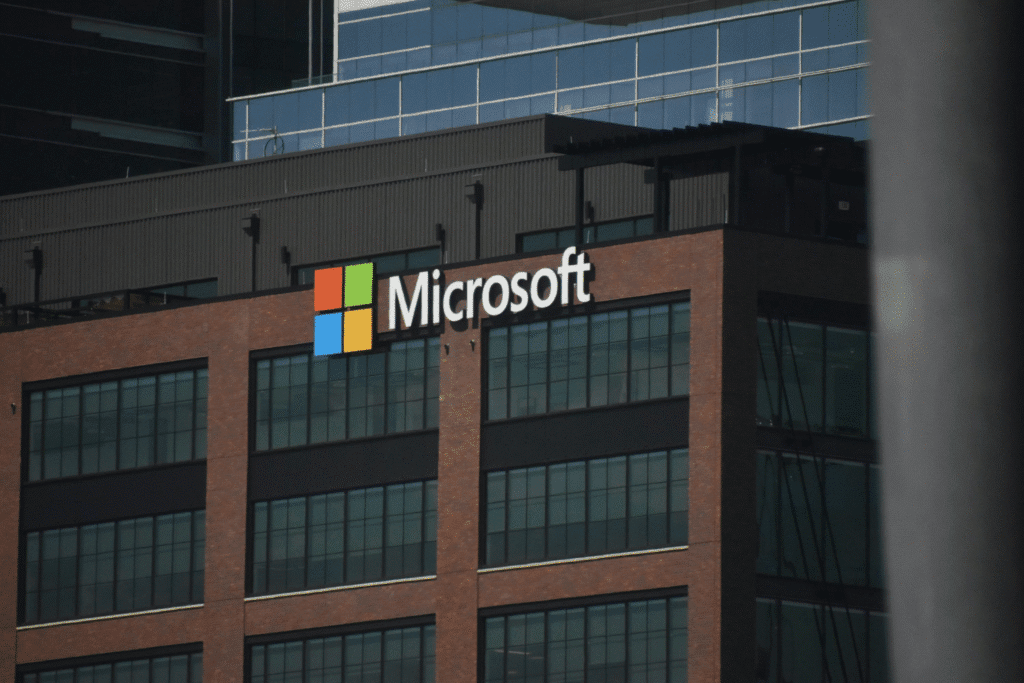British driverless car technology company Wayve is in talks with Microsoft and SoftBank about an investment worth up to $2 billion, according to a report by the Financial Times. This deal could make Wayve’s total value around $8 billion.
Wayve works on making cars that can drive themselves using artificial intelligence. The company was started in 2017 and has already raised more than $1 billion, with earlier backing from SoftBank and Nvidia. In 2024, ride-hailing company Uber also made an investment in Wayve, though the exact amount was not shared.
Earlier, Nvidia had signed a letter of intent in September to put $500 million into Wayve. This shows how serious players in tech are excited about self-driving and AI. Wayve currently works in both the U.K. and the U.S. It is also growing and opening testing operations in countries like Germany and Japan.
When asked about the new financing talks, Wayve declined to comment. Microsoft and SoftBank have not responded to requests for comment yet.
Wayve was founded to push forward the future of transportation. Instead of using lots of fixed sensors and detailed maps like many other autonomous vehicle companies, Wayve’s method focuses on deep learning and AI. Its approach is more flexible: it wants vehicles to learn to drive in many kinds of road conditions using vision and data rather than relying heavily on prior maps.

So far, Wayve has raised over $1 billion, with SoftBank being one of its main backers. SoftBank has invested in many technology firms around the world, and it saw promise in Wayve’s AI-based approach. Nvidia, known for making powerful computer chips for AI applications, also jumped in. In September, Nvidia agreed in principle to invest $500 million in Wayve. That would strengthen Wayve’s ties with a company that builds hardware that supports AI. Uber’s involvement in 2024 also shows that companies in mobility and transport believe in what Wayve is trying to do.
With Microsoft and SoftBank now in discussions, Wayve is aiming to scale even more. If the investment goes through, it could help Wayve finance expansions, build more teams, increase testing, and deploy its driverless systems in more places.
Autonomous driving is a field full of promise and challenges. Many believe that cars which can drive themselves will revolutionize how we move around, reduce accidents, and even change city layouts. But building safe and reliable self-driving vehicles is extremely hard. It requires lots of data, smart algorithms, powerful computing hardware, and rigorous testing.
Wayve’s AI-first approach tries to simplify some parts of this problem. Instead of building a rigid system that depends a lot on mapped roads or many sensors, Wayve wants vehicles to learn from visual inputs much like humans do—seeing the road, signs, other vehicles, and making decisions in real time. But that doesn’t mean its path is easy. It must prove safety, consistency, and reliability under many road conditions: rain, fog, snow, unusual traffic, and rare events.
When large companies like Microsoft, SoftBank, and Nvidia get involved, it signals confidence in Wayve’s methods. For Microsoft, it might bring value in cloud computing, AI tools, and software. SoftBank, known for investing in bold projects, can provide capital and networks. Nvidia, with its chips and AI computing power, is a natural fit for a company trying to push the limits of machine learning in real world systems.
If the new round of funding does materialize, Wayve could reach even more markets. It already works in the U.K. and U.S., but the plan is to expand further — into Europe and Asia. It has begun testing in Germany and Japan, which are key car markets.
The Financial Times report is based on unnamed sources. It says Wayve may raise up to $2 billion and be valued at about $8 billion. But none of the parties—Wayve, Microsoft, or SoftBank—have confirmed the deal publicly. Wayve declined to comment on the report, and Microsoft and SoftBank have not responded to Reuters’ requests for comment.
Since it is still a negotiation phase, many details are uncertain. We do not know how much of the $2 billion would come from Microsoft alone, how the ownership would change, or how much control new investors might have. We also don’t know the timeline—when would the deal close, if at all.
If this deal goes through, it would be a big moment for Wayve and for the autonomous driving field in general. It would give Wayve strong backing to accelerate its development, expand operations, and push into new geographies. It also shows that despite difficulties and risks, big tech and investors are still willing to bet on bold and visionary ideas.
At the same time, Wayve must deliver. It must prove that its AI approach can work safely and reliably under real conditions everywhere it wants to operate. It must earn regulatory approvals, build trust among users, and manage practical challenges like road rules, infrastructure, and varied weather.








